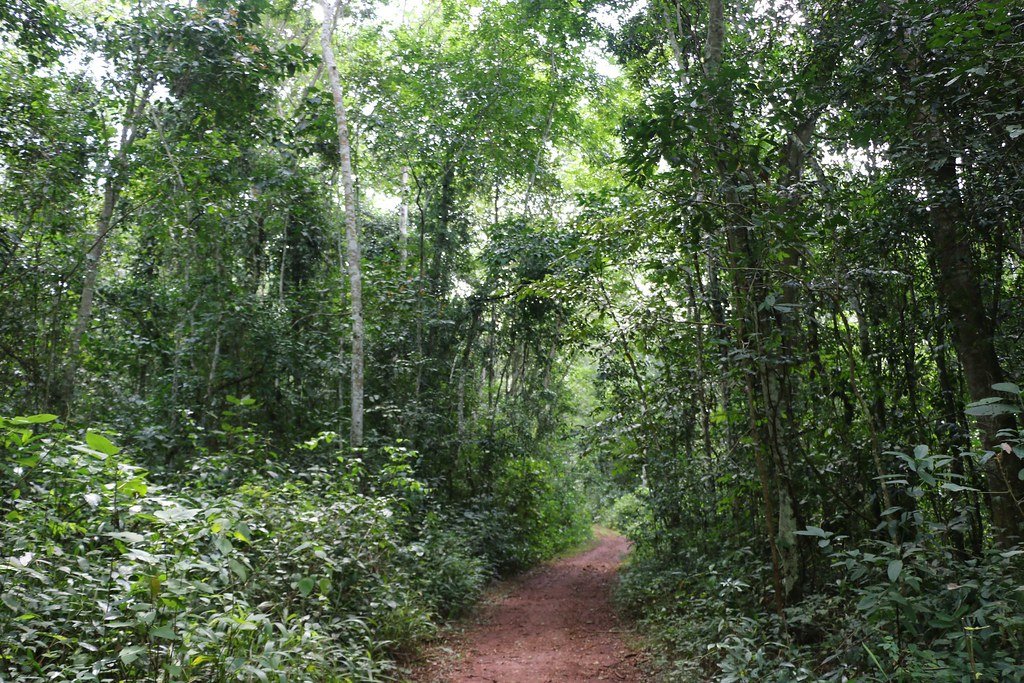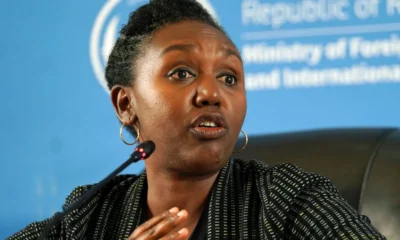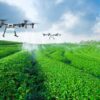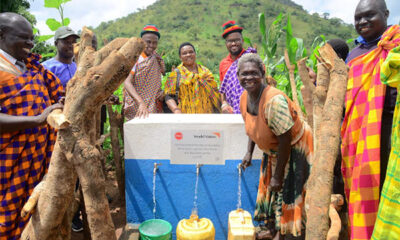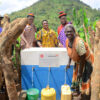News
Uganda’s Forest Cover Climbs, But Deforestation Threat Persists Amid Climate Woes
On the International Day of Forests, Uganda’s environmental landscape presents a complex picture: nascent gains in forest cover are shadowed by persistent deforestation and the escalating impacts of climate change, particularly on the nation’s vulnerable agricultural communities.
Robert Turyakira, Executive Director of the African Greenhouse Network and coordinator of environmental rights defenders in Uganda, acknowledged the recent, albeit incremental, progress. “We’ve seen improvements, moving from a critical low of 8% forest cover in 2020 to reported figures exceeding 30%,” Turyakira stated. “This is a testament to the combined efforts of civil society, government, and citizens.”
However, he cautioned that this progress is far from sufficient to meet Uganda’s ambitious climate goals. “Our Nationally Determined Contributions (NDCs) aim to restore forest cover to pre-1980 levels,” Turyakira emphasized. “To achieve this, we need to restore 100,000 acres annually, a task that demands a unified national effort.”
Despite presidential executive orders aimed at curbing charcoal burning and timber exports, deforestation continues to plague the nation, driven by commercial interests and unsustainable land use practices. “We still see continued charcoal production and significant deforestation resulting from commercial timber exports,” Turyakira noted. “This necessitates a national dialogue to accelerate restoration efforts and enforce existing regulations.”
The adverse effects of deforestation are acutely felt by Uganda’s predominantly agrarian population, who are increasingly vulnerable to climate-induced shocks. “The effects of climate change, exacerbated by deforestation and global warming, disproportionately impact the most vulnerable,” Turyakira explained. “Subsistence farmers, reliant on nature, are devastated by prolonged droughts and heatwaves, leading to crop failure and livestock losses.”
The government’s Parish Development Model, despite substantial financial investments, faces significant challenges in achieving its objectives without a strong focus on climate-smart agriculture. “We cannot achieve the aims of the Parish Development Model if we don’t focus on climate-smart agriculture,” Turyakira asserted. “Our farmers are nature-dependent; therefore, we must promote large-scale afforestation and forest gardening.”
Turyakira also highlighted the potential of carbon trading as a mechanism to incentivize forest conservation and provide economic benefits to farmers. “Farmers can benefit from carbon trade, where they are compensated for the carbon dioxide their forests absorb,” he explained. “This can help maintain our forest cover while providing economic incentives.”
The protection of Uganda’s natural ecosystems and indigenous species remains a critical concern. “We must vigorously protect our natural ecosystems, such as Zoka and Mabira forests, and safeguard indigenous species under threat of extinction,” Turyakira stressed.
He called for a multi-stakeholder approach, involving religious and cultural leaders, to galvanize public support for reforestation efforts. “Religious leaders and cultural institutions are critical in mobilizing our population towards reforestation,” he said. “And Article 17 of the Constitution mandates all citizens to play a proactive role in ensuring a clean and healthy environment.”
Turyakira commended the efforts of climate activists and environmental defenders. “I want to congratulate all climate activists, particularly the frontline environmental rights defenders, who are demanding urgent climate action,” he concluded. “This 21st of March serves as a critical reminder of the urgency of our collective responsibility.”
Comments



